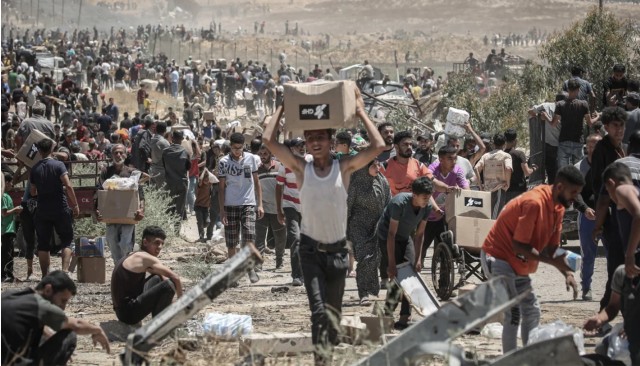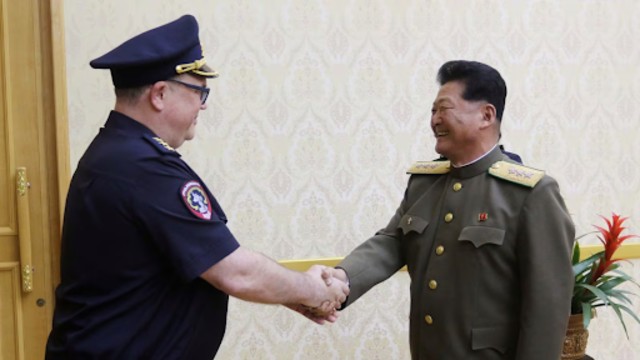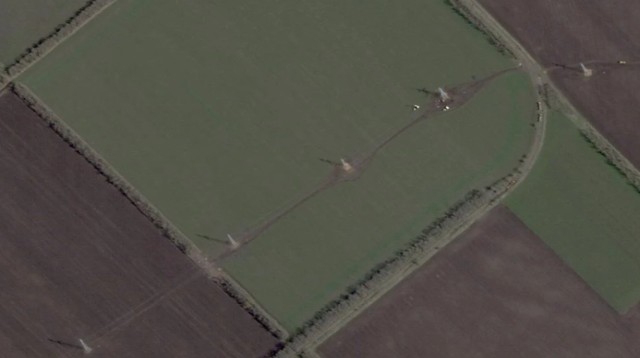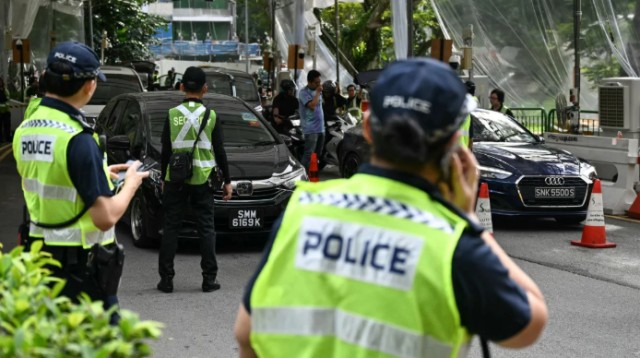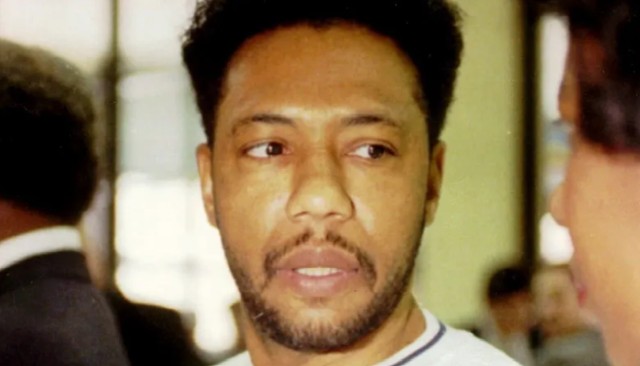
This screengrab from a video released by the Israeli army allegedly shows Mohammed Sinwar travelling in a car through a tunnel near the Erez crossing, close to the Israel-Gaza border, on December 17, 2023.
Israeli Prime Minister Benjamin Netanyahu has announced that Hamas' de facto military leader in Gaza, Mohammed Sinwar, was killed in a recent Israeli airstrike. Sinwar’s death marks the latest blow to Hamas leadership, though analysts say it is unlikely to bring the conflict to an end.
A Major Blow to Hamas’ Military Leadership
Mohammed Sinwar, brother of slain Hamas figure Yahya Sinwar, had risen to command following Yahya’s death last October in Rafah. Netanyahu declared his death during a speech to the Israeli Knesset, marking 600 days since Hamas’ October 7, 2023, attack on Israel.
The Prime Minister claimed Israel has already eliminated key Hamas figures, including Ismail Haniyeh and Mohammed Deif. “We changed the face of the Middle East,” Netanyahu said, asserting Israel’s commitment to eradicating Hamas.
Strike on Hospital Targeted Sinwar
The Israel Defense Forces (IDF) reportedly targeted Sinwar in a May 13 airstrike on the European Hospital in Khan Younis. The strike followed Hamas’ release of Israeli-American soldier Edan Alexander.
The IDF said the hospital housed a Hamas command center. Dozens were killed and injured. Though Israel did not confirm Sinwar’s death at the time, Netanyahu’s recent statement appears to do so. Hamas has rejected the claim, asserting only it can confirm the death of its members.
Who Was Mohammed Sinwar?
Mohammed Sinwar was born in Khan Younis in 1975. He was a long-time military operative and previously led Hamas' Khan Younis Brigade. He reportedly played a key role in the 2006 capture of Israeli soldier Gilad Shalit.
With over 30 years of military experience, Sinwar was considered even more tactically rigid than his brother. In a 2021 interview with Al Jazeera, he said striking Tel Aviv was “easier than taking a sip of water.” He lived in secrecy, especially after surviving a 2003 assassination attempt.
His Role in October 7 Attacks
Israeli intelligence has linked Sinwar to the planning of Hamas’ surprise attack on Israel in October 2023. That attack killed over 1,200 people and led to the kidnapping of around 250 others. A video from late 2023 reportedly showed Sinwar navigating Gaza tunnels.
Despite major losses, including up to 20,000 fighters, Hamas has continued to resist Israeli offensives. Sinwar played a key role in sustaining Hamas’ operations within Gaza.
Impact on Peace Negotiations
Mohammed Shehada of the European Council on Foreign Relations warned that Sinwar’s death might complicate peace talks. With senior Hamas leaders dwindling, negotiations risk becoming more fragmented and less effective.
Some commentators see a silver lining. The vacuum may allow more moderate voices, such as Khalil al-Hayya, to step forward in negotiations. However, trust in mediators like the U.S. may erode, especially given the timing of Sinwar’s assassination shortly after a hostage release.
Hamas Weakened but Not Defeated
Experts agree that Hamas is no longer a centralized force. Israel’s campaign has fractured its leadership, reducing it to more of a guerrilla organization. Still, the group continues to recruit new fighters and resist Israeli control.
According to security analyst Amos Harel, the war’s outcome now depends more on U.S. intervention than on the death of individual leaders. Former Israeli advisor Yaakov Amidror suggested the conflict could continue for another year before Gaza can be cleared of Hamas remnants.
What’s Next for Gaza?
While Sinwar’s death removes a major figure from Hamas' military wing, it does not guarantee peace. Internal Hamas leadership may become more chaotic, and ceasefire efforts could be delayed. Meanwhile, pressure from Washington may prove critical in pushing Israel toward a long-term resolution.
The road to peace remains uncertain. The battle for Gaza’s future is far from over.



